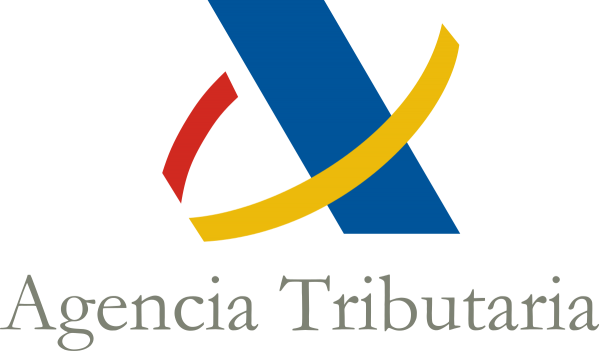
The Council of Ministers yesterday approved a new Royal Decree-Law announcing a deferment in the payment of taxes for companies and self-employed persons until 20 May, with the aim of alleviating the economic impact of Covid-19; all businesses with a turnover of less than six million euros per year, and debts of up to 30,000 euros per maximum, may be eligible for this measure.
A measure that comes as a relief for companies and freelancers, and therefore from AYCE Laborytax we wanted to review tax obligations in times of coronavirus,analyzing taxes payable and extending deadlines to file and pay taxes.
You are interested in:
New complementary economic and social measures to tackle Covid-19.
What taxes do we have to keep paying?
Although since March 16 the offices of the Tax Agency are temporarily closed, taxpayer tax obligations are maintained,which means that we will have to comply with the corresponding taxes.
With the new measure, the Tax Agency extends the period for submitting quarterly self-assessment of VAT and corporation tax for companies and self-employed persons,until 20 May. In addition, the split payment of companies and IRPF of workers and professional rentals for the months of January, February and March is also extended. In addition, the term of direct debits is also extended by 1 month, until 15 May.
In 2019 our country’s public coffers received more than 18 billion euros for paying these taxes, but this year the amount is going to be much lower, given that the Government has announceddifferent measures for tax obligations in the face of the stop of economic activity, aimed at all those undertakings and self-employed persons with a turnover of less than SIX million euros, which may defer payment of these taxes for up to three months without interest.
likewise the 2019 Income campaign runs from April 1 to June 30, 2020, which from the Government considers a beneficial measure for taxpayers, as they will receive a significant economic injection, as 70% of the returns made come back.
You are interested in:
The 2019 Rent campaign begins despite the Coronavirus Alarm Status.
What taxes can be deferred by coronavirus?

Although tax filings are maintained, the Government has announced a tax moratorium for the deferment of payment or returns of different taxes for the Covid-19 crisis.
A tax moratorium consists of an extension of the time limits set for debt.
This tax deferment may be accommodated by undertakings and self-employed persons with a turnover of less than EUR 6million, with a limit of the amount to be deferred without the need for guarantees of EUR 30,000.
The maximum deferment will be six months,having the first three months of deprivation. This means that if the late payments are up to three months, no interest would have to be paid, wherea’s time to last up to six months, half of the usual interest would have to be paid.
Payment of all debts between 13 March (date of publication of Royal Decree 7/2020) and 30 May may be deferred.
The main taxes that benefit from this measure are VAT, IRPF and Corporation Tax. Payment of VAT and IRPF for the first quarter, as well as split payment of companies, may be deferred on April 20.
In the case of debts exceeding 30,000 it will be necessary to provide a payment guarantee.
You are interested in:
Non-essential activities regulated by the “Recoverable Paid Permit”.
How to apply for deferment of tax obligations?

The Tax Agency has made a manual available to all taxpayers who want to apply for the deferment of their tax obligations,in which it explains all the steps that need to be taken to apply for the moratorium.
First you will have to present the self-accuracy by marking the debt recognition option. This should be done telematically, as the offices of the Tax Agency remain closed.
The next step will be to access the procedure. Our tax consultants will help you in this management to make it easier in procedure.
conclusion
In short, although the activity of the AEAT continues and at first taxpayers must comply with their tax obligations in the same way as they had done, the Government has launched the possibility for companies and self-employed persons to defer fractional payments from the IRPF, the quarterly VAT return and payments on account of corporation tax.








